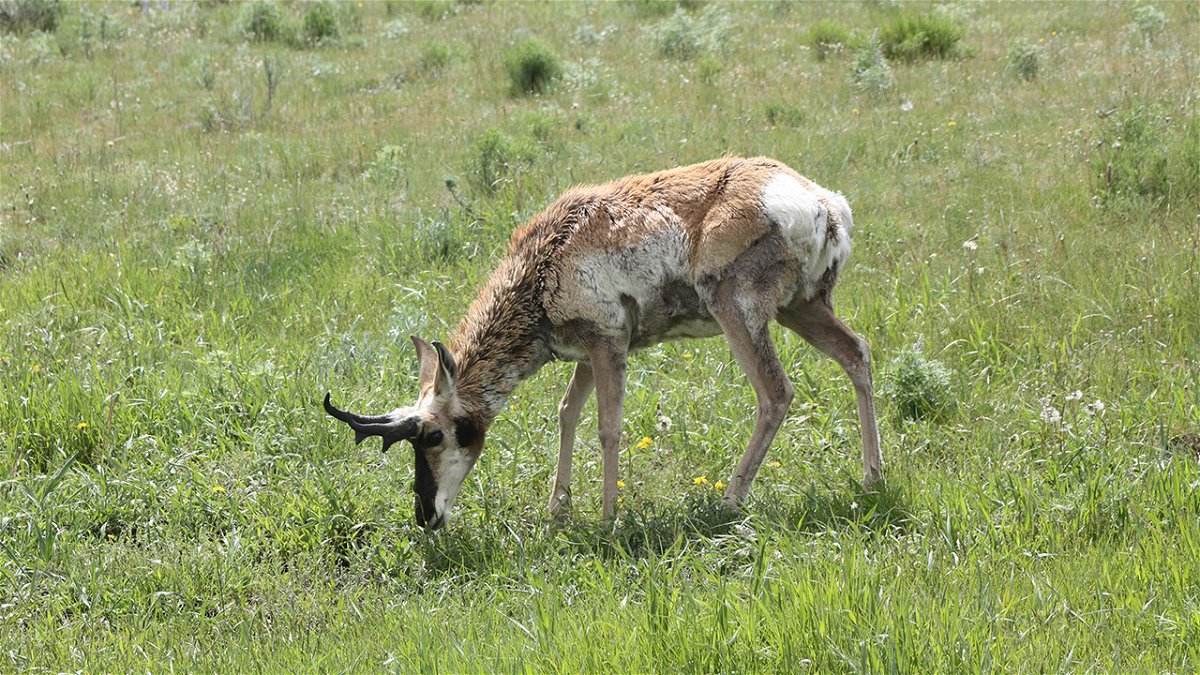U of I receives donation to study biodiversity in Greater Yellowstone Ecosystem

MOSCOW, Idaho (KIFI) — University of Idaho has received a donation of nearly $650,000 from Joe Ricketts’ Jackson Fork Ranch. The donation will fund research into four native Greater Yellowstone Ecosystem (GYE) animal species.
Faculty researchers and graduate students in U of I’s College of Natural Resources and College of Science at the Moscow, Idaho, campus will focus on studying four species in the GYE:
- The genetic, behavioral and physiological adaptive capacity of the pygmy rabbit.
- Rattlesnake migration pathways, hibernation dens and co-existence with humans.
- The potential effects of hunting and trapping on gray wolves and pack social structure.
- Pronghorn migration ecology and survival.
The GYE encompasses approximately 22 million acres and extends beyond the boundaries of Yellowstone National Park into larger areas of Wyoming, Idaho and Montana.
“This research will address critical conservation science needs for native species in one of the largest and most intact ecosystems in North America,” said David Ausband of the USGS-Idaho Cooperative Fish and Wildlife Research Unit at U of I.
Ausband who will spearhead the gray wolf study was instrumental in initiating the partnership and defining and developing the research collaboration.
“Jackson Fork Ranch’s approach to hospitality is rooted in a deep and abiding commitment to sustainable conservation, which is why we are proud to partner with University of Idaho on this important scientific research,” Ricketts said.
Ricketts, who founded the brokerage firm Ameritrade and now devotes his time to conservation and other philanthropic activities, added: “Understanding the incredibly diverse GYE is a critical step in preserving the largest intact ecosystem in the temperate zone for future generations.”
The first phase of the Jackson Fork Ranch-U of I research project is expected to last two years and enhance the university’s biodiversity conservation research in Idaho and the region. The project will also help increase public awareness of the value of biodiversity and the conservation of natural environments.
As part of the effort, the Ricketts Conservation Foundation will produce multimedia content about the research projects with the goal of raising public awareness about the important scientific work U of I and others are leading.
“The four research projects will also provide timely and invaluable science that will inform the management and conservation of these iconic species for future generations,” Ausband said.






